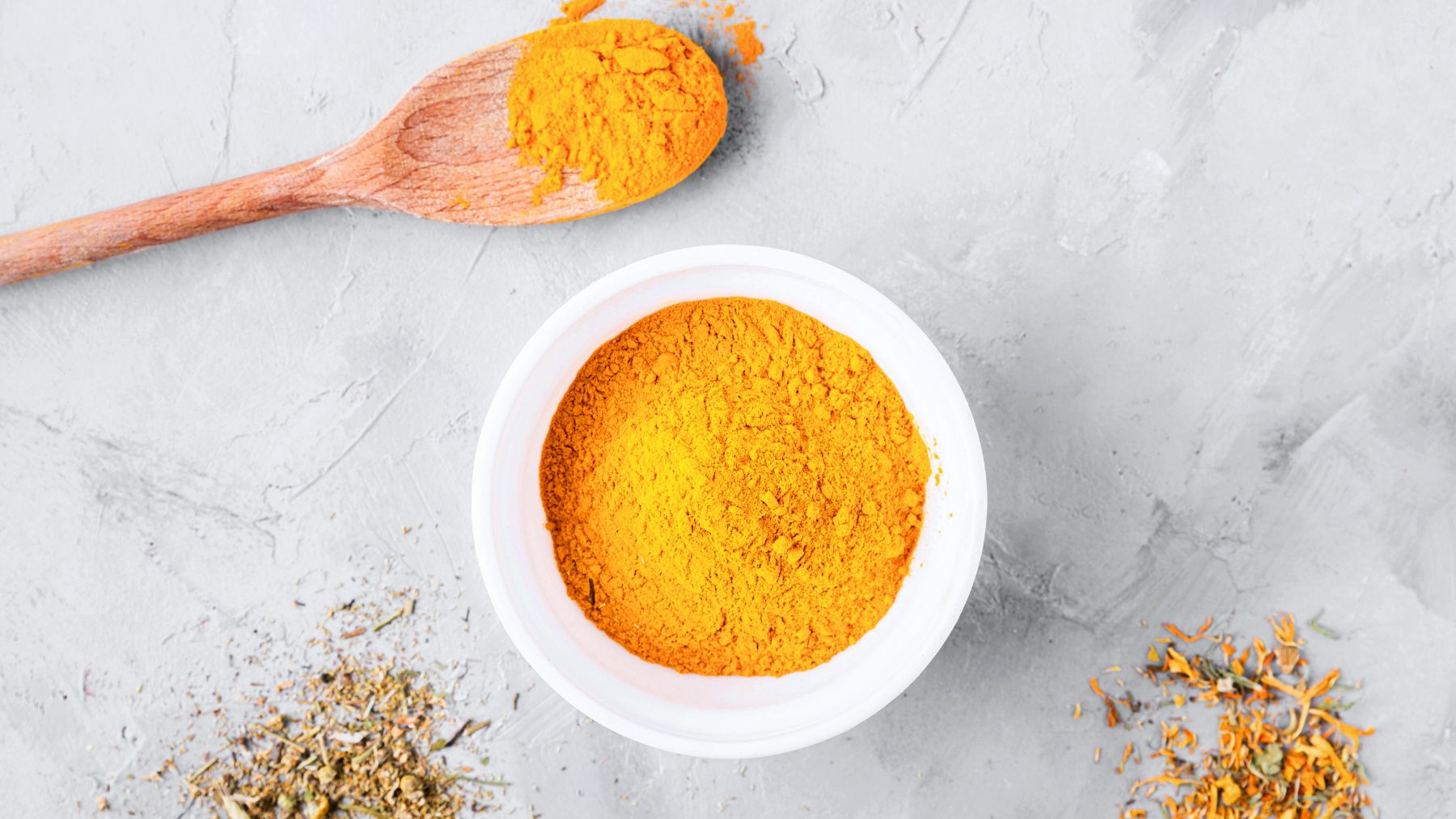Turmeric has been a key part of holistic well-being for more than 4,000 years. According to Lauren O’Connor, MS, RDN—a registered dietitian with over 15 years of experience specializing in gut health—leaving turmeric out of your diet means missing out on its natural benefits, including antioxidant, anti-inflammatory, and detoxifying effects.
The spice contains curcumin, a potent phytochemical that supports mood regulation, cardiovascular health, and general vitality. In the following sections, we’ll examine how turmeric alleviates joint discomfort and aids in blood sugar management. You’ll also learn practical ways to incorporate this ancient remedy into your meals.
Why you should include turmeric in your meals
Curcumin, the primary active compound in turmeric, functions as a natural defense mechanism. By neutralizing harmful free radicals—unstable molecules that cause cellular damage—it enhances your body’s antioxidant production. This reduces oxidative stress, which plays a major role in aging, neurodegenerative disorders, and various chronic diseases.
Another realm where turmeric truly excels is inflammation management. Chronic inflammation is implicated in numerous health conditions, including arthritis, cardiovascular disease, and metabolic syndrome. Curcumin helps lessen inflammation by modulating cytokine production and interfering with inflammatory pathways, which may ease joint stiffness and discomfort.
Clinical studies suggest that daily doses ranging from 250 to 1,500 milligrams could offer relief comparable to certain anti-inflammatory medications.
Cardiovascular benefits are equally impressive. Curcumin promotes optimal blood vessel function and circulation. It also stimulates the production of enzymes that counter oxidative damage, protecting cells from free radical attacks. For those managing diabetes, it may enhance insulin sensitivity. However, caution is advised when combining it with antidiabetic medications to avoid excessive drops in blood sugar.
Recent research indicates that its ability to reduce inflammation and promote collagen formation can expedite recovery, while its immune-modulating properties may alleviate the symptoms of allergies and asthma. It also stimulates detoxifying enzymes, enhancing the liver’s capacity to eliminate harmful toxins and guard against damage.
But mental health should not be overlooked either. Curcumin appears to uplift mood by balancing essential neurotransmitters such as serotonin and dopamine. Although more comprehensive studies are needed, early clinical trials indicate that it could serve as a valuable complement to traditional depression treatments.
Easy ways to incorporate turmeric into your meals
Adding turmeric to your daily menu is simple and versatile. The ideas below offer straightforward ways to enjoy it in your routine meals.
- Stir into savory dishes: Sprinkle turmeric into soups, stews, or scrambled eggs to impart a subtle bitterness that enriches your dishes.
- Blend golden milk: Whisk turmeric with warm milk—whether dairy or plant-based alternatives like almond, coconut, or oat milk—along with ginger, cinnamon, and a dash of black pepper, which boosts curcumin absorption.
- Boost smoothies: A teaspoon of turmeric mixes harmoniously with tropical fruits such as pineapple, mango, or citrus in your favorite smoothies.
- Mix dressings: Combine olive oil, lemon juice, garlic, and turmeric to create a tangy salad dressing that elevates fresh greens, grain bowls, or even yogurt-based slaws.
- Season roasted veggies: Toss cauliflower, carrots, or potatoes with turmeric, olive oil, and salt before roasting to intensify their sweetness and impart extra healing properties.
- Upgrade rice or grains: Cook rice or quinoa with a teaspoon of turmeric to create fragrant sides that delight both the eye and the palate.
Remember to pair turmeric with black pepper, as its piperine improves curcumin absorption. While high-potency supplements are available, consuming turmeric in its whole-food form allows you to savor its distinctive flavor and enjoy its complete spectrum of nutrients naturally. Always consult a healthcare provider before using high-dose curcumin, especially if you’re taking medications.
